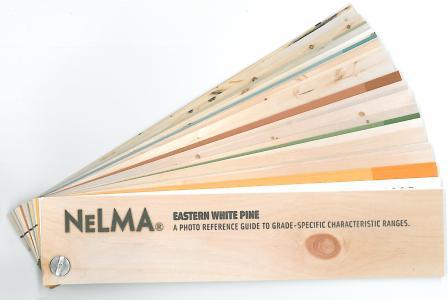
The logging practices of yore have bred a tenacious misperception about the wood products industry, one that prompts visions of clearcutting picturesque landscapes and destroying habitats in the process. Ask most young people what they think about logging, and the response will likely be something along these lines. Sustainable logging practices and responsible forest stewardship have changed the game over recent decades, but a lot of people (of all ages) aren’t engaging in conversations about reforestation and renewability, so that perception is hard to shift.
Oregon State University’s College of Forestry is changing that by reaching out to career technical education (CTE) students at the high school level throughout Oregon and Washington in a bid to recruit the next generation of forest-related careers. Chris Knowles, an associate professor of Wood Science & Engineering at OSU, and Michelle Maller, Internship & Education Coordinator at the same program, visit classrooms to talk about professional opportunities and educate the public one student at a time.
Our undergraduate program provides four tracks from which to choose: science and engineering; marketing and management; art and design; and advanced wood manufacturing. Selecting the most enticing track means each student is on the path to a very distinct part of the lumber products business. Ten years ago, we found that most of our students were heading toward the manufacturing side. Today, we see people going toward all four of these disciplines, to corners of the wood products industry they may not have even known existed.
Knowles and Maller say they’re finding it vital to reach young people long before they’re considering a major. They host an interactive program on wood as a resource for third and fourth graders both on the OSU campus and in underserved areas of Portland, Oregon. The three-and-a-half hour program walks kids through 13 stations with themes like common forest products, wood burning and durability. They learn about renewability, too, piquing interest in how the forest products industry can actually be beneficial to the environment when managed sustainably.
It’s a promising program, and similar undertakings around the country could help make the future of wood brighter than ever.
Image via Jordan Pond / Flickr CC by 2.0


